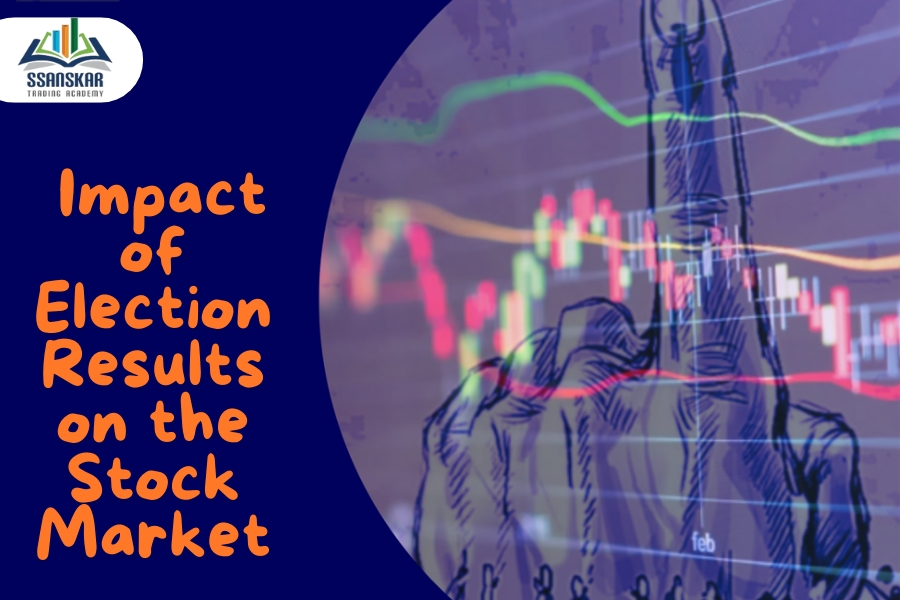Deciphering the Impact of Election Results on the Stock Market: A Comprehensive Analysis
Introduction:
Elections have always been pivotal moments, not just for politics but also for the financial markets. The outcome of an election can send ripples through the stock market, influencing investor sentiment, corporate strategies, and economic policies. As the world eagerly awaits the results, it’s crucial to understand how different scenarios could shape the trajectory of the stock market.
Understanding Market Sentiment:
One of the primary factors driving the stock market’s reaction to election results is investor sentiment. Markets thrive on certainty and stability, and elections introduce an element of uncertainty. Depending on the perceived outcome of the election and its implications for economic policies, investors may exhibit varying degrees of optimism or caution.
Scenario 1: Continuity and Stability
If the election results lead to a continuation of the existing government or a smooth transition of power without significant policy changes, the stock market is likely to respond positively. This outcome provides a sense of stability, allowing businesses to plan with confidence and investors to allocate capital more freely.
Scenario 2: Change and Policy Uncertainty
Conversely, if the election results in a change in government or a shift in policy direction, the stock market may experience heightened volatility. Uncertainty surrounding new policies, regulations, or economic agendas can lead to cautious investor behavior, triggering fluctuations in stock prices across various sectors.
Historical Perspectives:
Looking back at historical data, we can observe patterns in how the stock market reacts to election outcomes. While past performance is not indicative of future results, it provides valuable insights into market dynamics during election cycles. For instance, markets have historically exhibited greater volatility in the months leading up to a presidential election, followed by a period of stabilization post-election, regardless of the outcome.
Sectoral Analysis:
Different sectors of the economy may respond differently to election results based on their susceptibility to policy changes and regulatory environments. For example, industries such as healthcare, energy, and technology often face significant regulatory scrutiny, making them more sensitive to political developments. On the other hand, sectors like utilities and consumer staples, which offer essential goods and services, may demonstrate more resilience during periods of uncertainty.
Investment Strategies:
In anticipation of election-related market fluctuations, investors may consider adjusting their investment strategies accordingly. Diversification, hedging, and maintaining a long-term perspective can help mitigate risks associated with short-term market volatility. Additionally, staying informed about political developments and their potential impact on specific industries can inform strategic investment decisions.
Conclusion:
The relationship between election results and the stock market is complex and multifaceted. While elections introduce uncertainty, they also present opportunities for investors to position themselves strategically based on their outlook and risk tolerance. By understanding the dynamics of market sentiment, historical trends, sectoral dynamics, and prudent investment strategies, investors can navigate the evolving landscape with confidence, regardless of the election outcome.




